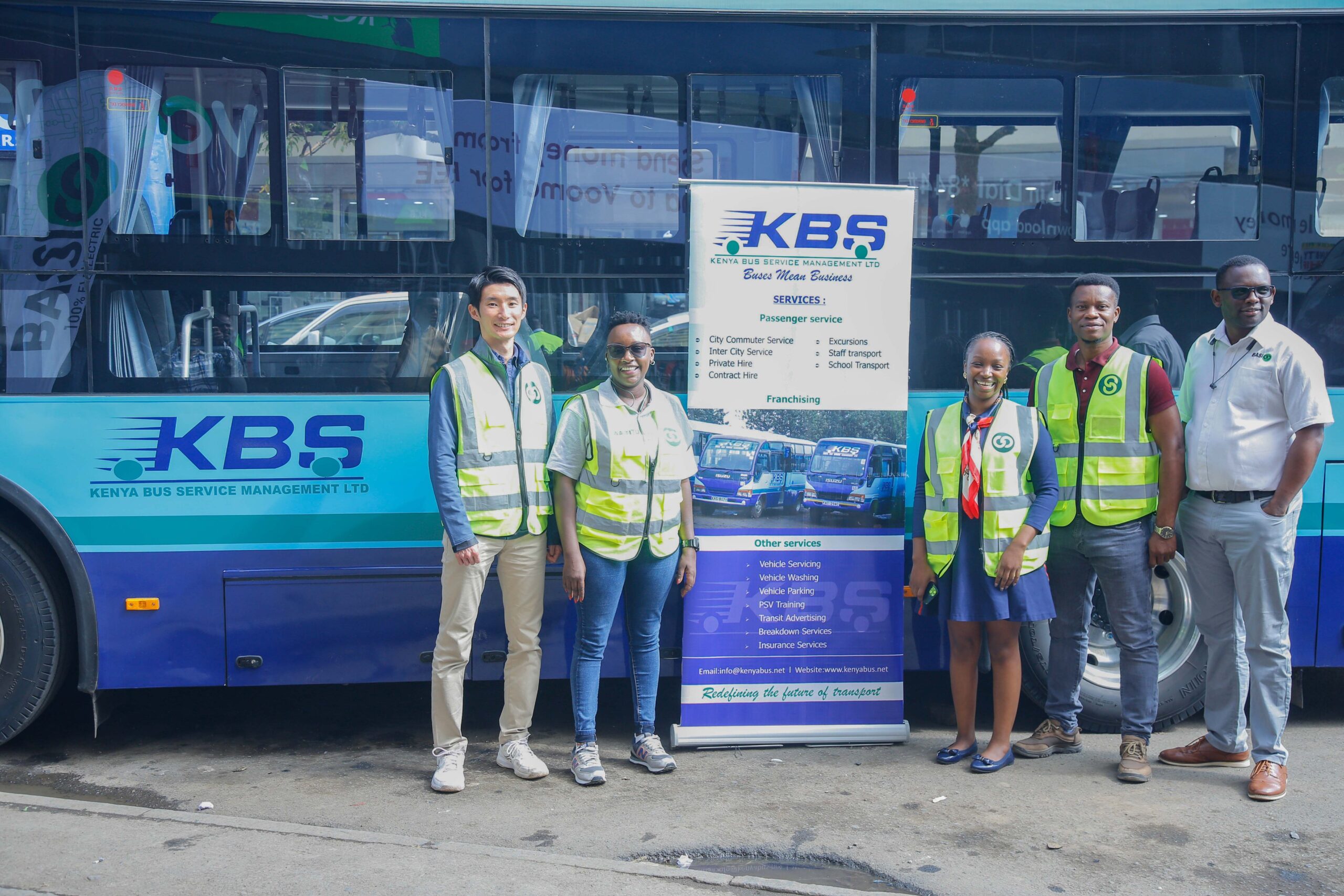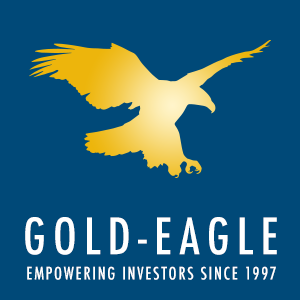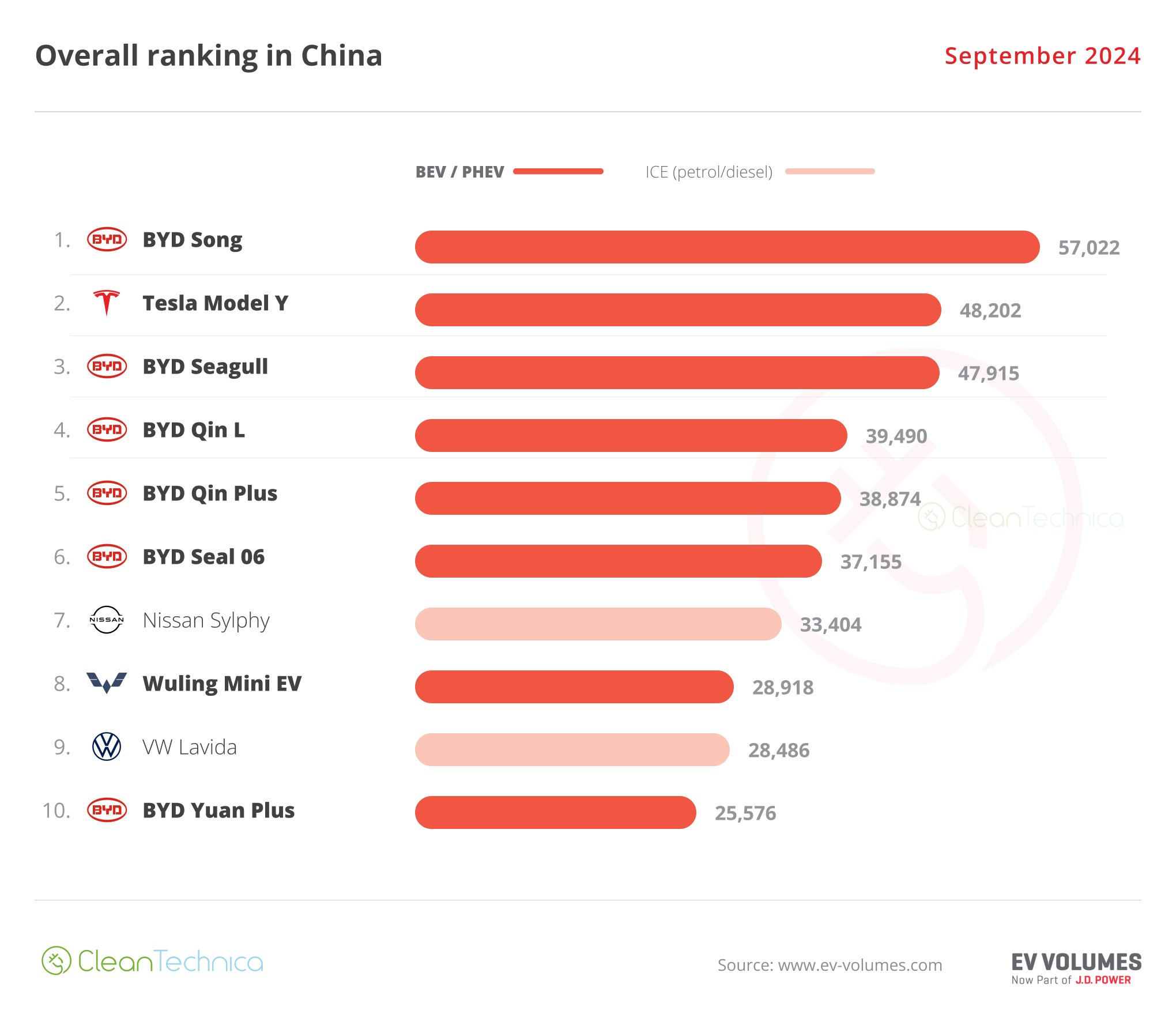| Promising Aspects of Fuel Cell Technology | What are the Deployment Strategies for Europe, China, and the US? – ResearchAndMarkets.com
DUBLIN–(BUSINESS WIRE)–The “Global Hydrogen Fuel Cell Truck (FCT) Market | Size, Share, Trends and Forecast to 2028” report has been added to ResearchAndMarkets.com’s offering.
The global hydrogen fuel cell trucks market is expected to experience significant growth in the coming years. This growth is being driven by a number of factors, including the implementation of strict emission regulations, rising demand for vehicles using alternative fuels, as well as government regulations and incentives amid energy transition aimed at promoting the adoption of clean technologies.
Hydrogen fuel cell trucks are gaining popularity in the commercial vehicle segment as a clean alternative to traditional diesel trucks. They use hydrogen gas to power an electric motor, emitting only water vapor as a byproduct. This makes them a more environmentally friendly option compared to diesel trucks, which emit greenhouse gases and contribute to greenhouse gas emissions.
However, high upfront cost of the fuel cell electric vehicle, the lack of a proper hydrogen supply chain, risks associated with hydrogen as fuel, and competition from battery electric trucks and conventional fossil fuel trucks restrain the hydrogen fuel cell truck market growth.
Report Scope
This report comprehensively analyses the hydrogen fuel cell truck market and provides deep insight into the current and future state of the industry. The study examines the drivers, restraints, and regional trends influencing demand and growth.
The report also addresses present and future market opportunities, market trends, developments, and the impact of COVID-19 on the market, important commercial developments, trends, regions, and segments poised for the fastest growth, competitive landscape, and market share of key players. Further, the report will also provide market size, demand forecast, and growth rates.
Key Companies Profiled
- Toyota Motor Corporation
- Hyundai Motor Company
- BAIC Foton Motor Co. Ltd.
- Dongfeng Motor Corporation Ltd.
- Nikola Corporation
- Shaanxi Automobile Holding Group Co. Ltd.
- Hyzon Motors
- SAIC Motor Corporation Limited
- Other Notable Players
Hydrogen Infrastructure Scenario
Major economies in the world have developed their hydrogen roadmaps to build future hydrogen infrastructure such as green hydrogen production facilities, wide hydrogen refuelling stations (HRS) networks for hydrogen fuel cell vehicles, etc.
As part of their hydrogen strategies, Europe, China, and the United states are actively deploying hydrogen fuel cell trucks with the main aim of reaching their emission reduction targets.
In accordance with a long-term plan for the development of the nation’s hydrogen industry, China aims to have 50,000 fuel cell vehicles on its roads by 2025.
In order to achieve President Xi Jinping’s objectives of having China’s carbon dioxide emissions peak before 2030 and reaching net-zero emissions by 2060, the plan, which runs through 2035, positions hydrogen as a crucial component in the country’s energy system.
Beijing hopes to have a firm grasp on key technologies by 2025 and start the process of establishing a supply chain. Along with this, China will work to expand the use of hydrogen in buses and freight transport in order to meet its automotive target.
According to European Commission, with the EU’s flagship ‘Fit for 55’ package of climate legislation, around 60,000 hydrogen trucks are expected to be on European roads by 2030.
Major truck manufacturers in the United States have started to work on pilot hydrogen fuel cell heavy duty truck projects.
There are a number of government schemes and initiatives in place around the world to support the development and adoption of hydrogen fuel cell trucks.
In the European Union, the Fuel Cells and Hydrogen Joint Undertaking (FCH JU) is a public-private partnership that supports research and innovation in the field of fuel cells and hydrogen. The organization provides funding for projects that aim to develop and demonstrate innovative technologies related to fuel cells and hydrogen.
In Japan, the Ministry of Economy, Trade, and Industry has implemented a number of measures to support the development of hydrogen fuel cell technologies, including funding for research and development and subsidies for the deployment of fuel cell vehicles.
In the United States, the Department of Energy (DOE) has a number of initiatives in place to support the development of hydrogen fuel cell technologies, including funding for research and development and the deployment of hydrogen vehicles. The DOE also offers financial incentives, such as grants and tax credits, to support the adoption of fuel cell technologies.
Additionally, many local and regional governments around the world have implemented their own incentives and regulations to support the adoption of hydrogen fuel cell trucks, such as subsidies, tax credits, and regulatory standards that favor clean technologies.
Heavy duty fuel cell trucks are expected to dominate the global fuel cell electric vehicle (FCEV) market during the forecast period due to the promising aspects of fuel cell technology in the long-haul heavy-duty vehicle segment compared to the passenger vehicle segment.
Recent Developments
- In order to accelerate the usage of green hydrogen, fuel cell manufacturer Plug Power and electric vehicle manufacturer Nikola have signed a supply agreement in Dec 2022
- Nikola and E.ON partner to combine sales of Nikola hydrogen fuel cell trucks with services and hydrogen fueling infrastructure solutions
- Hyundai Motor announced its plans to accelerate the establishment of a hydrogen value chain in line with Israel’s commitment to reduce its carbon emissions; Israel becomes Xcient’s (fuel cell truck of Hyundai Motor company) first Middle East market.
- To hasten the adoption of fuel cell trucks, Ballard Power System announced in September 2022 a minority ownership investment in Quantron AG, a global integrator of electric vehicles. Under the provisions of a Joint Development Agreement, Quantron will use the investment funds from Ballard as part of its fundraising round, which could total up to EUR 50 million, to develop its truck fuel cell vehicle platforms. Ballard will be Quantron’s exclusive source of fuel cells for these platforms
- and more…
For more information about this report visit https://www.researchandmarkets.com/r/hxdzo3
About ResearchAndMarkets.com
ResearchAndMarkets.com is the world’s leading source for international market research reports and market data. We provide you with the latest data on international and regional markets, key industries, the top companies, new products and the latest trends.
Contacts
ResearchAndMarkets.com
Laura Wood, Senior Press Manager
[email protected]
For E.S.T Office Hours Call 1-917-300-0470
For U.S./ CAN Toll Free Call 1-800-526-8630
For GMT Office Hours Call +353-1-416-8900





